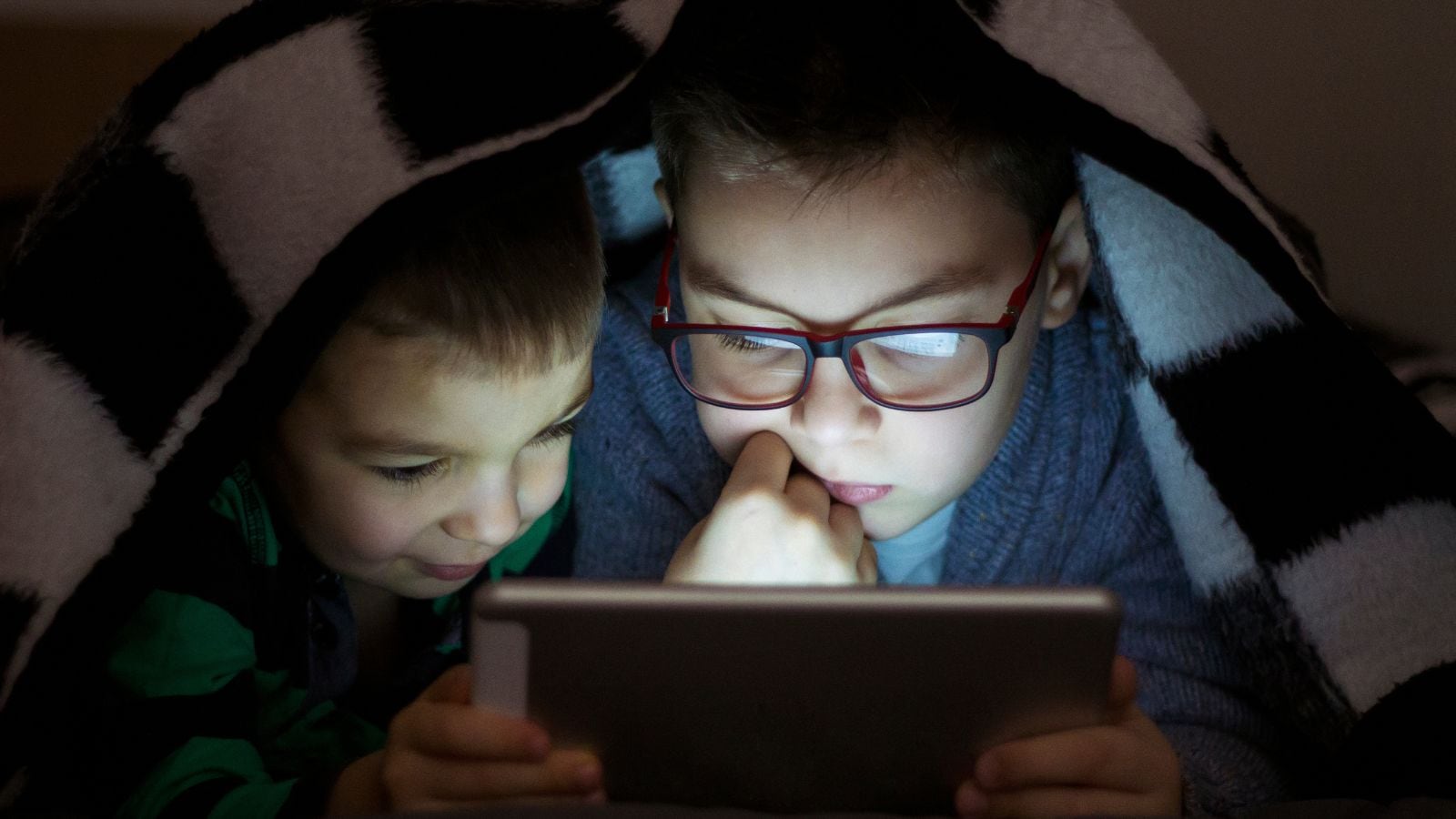As Americans scramble to respond to rising rates of suicidal behavior among youth, many policymakers have locked in on an alarming metric: the number of hours a day that American children spend glued to a glowing screen.
But a study published Wednesday in the medical journal JAMA, which followed more than 4,000 children across the country, arrived at a surprising conclusion: Longer screen time at age 10 was not associated with higher rates of suicidal behavior four years later.
Instead, the authors found, the children at higher risk for suicidal behaviors were those who told researchers their use of technology had become “addictive” — that they had trouble putting it down or felt the need to use it more and more. Some children exhibited addictive behavior even if their screen time was relatively low, they said.
The researchers found addictive behavior to be very common among children — especially in their use of mobile phones, where nearly half had high addictive use. By age 14, children with high or increasing addictive behavior were two to three times as likely as other children to have thoughts of suicide or to harm themselves, the study found.
“This is the first study to identify that addictive use is important and is actually the root cause, instead of time,” said Yunyu Xiao, an assistant professor of psychiatry and population health sciences at Weill Cornell Medical College and the study’s lead author.
Addictive behavior may be more difficult to control during childhood, before the prefrontal cortex, which acts as a brake on impulsivity, is fully developed.
Xiao said interventions should focus on the child’s addictive behavior, which is typically treated with cognitive behavioral psychotherapy, rather than simply limiting access to screens.
Story continues below this ad
“If there are early warnings, then for parents, it’s important to seek professional help for children with such addictions,” she said. “We do not know if just taking away their phone will help. Sometimes it can create some conflict in the family, and that is even worse.”
The focus on addictive behavior has important policy implications, shifting more responsibility onto the technology companies that design devices and social media platforms, said Mitch Prinstein, chief science officer at the American Psychological Association.
Policymakers can address addiction by requiring technology companies to introduce “age-appropriate design” that limits features adolescents find difficult to resist, he said. The United Kingdom introduced a code of this kind in 2020.




Average Rating